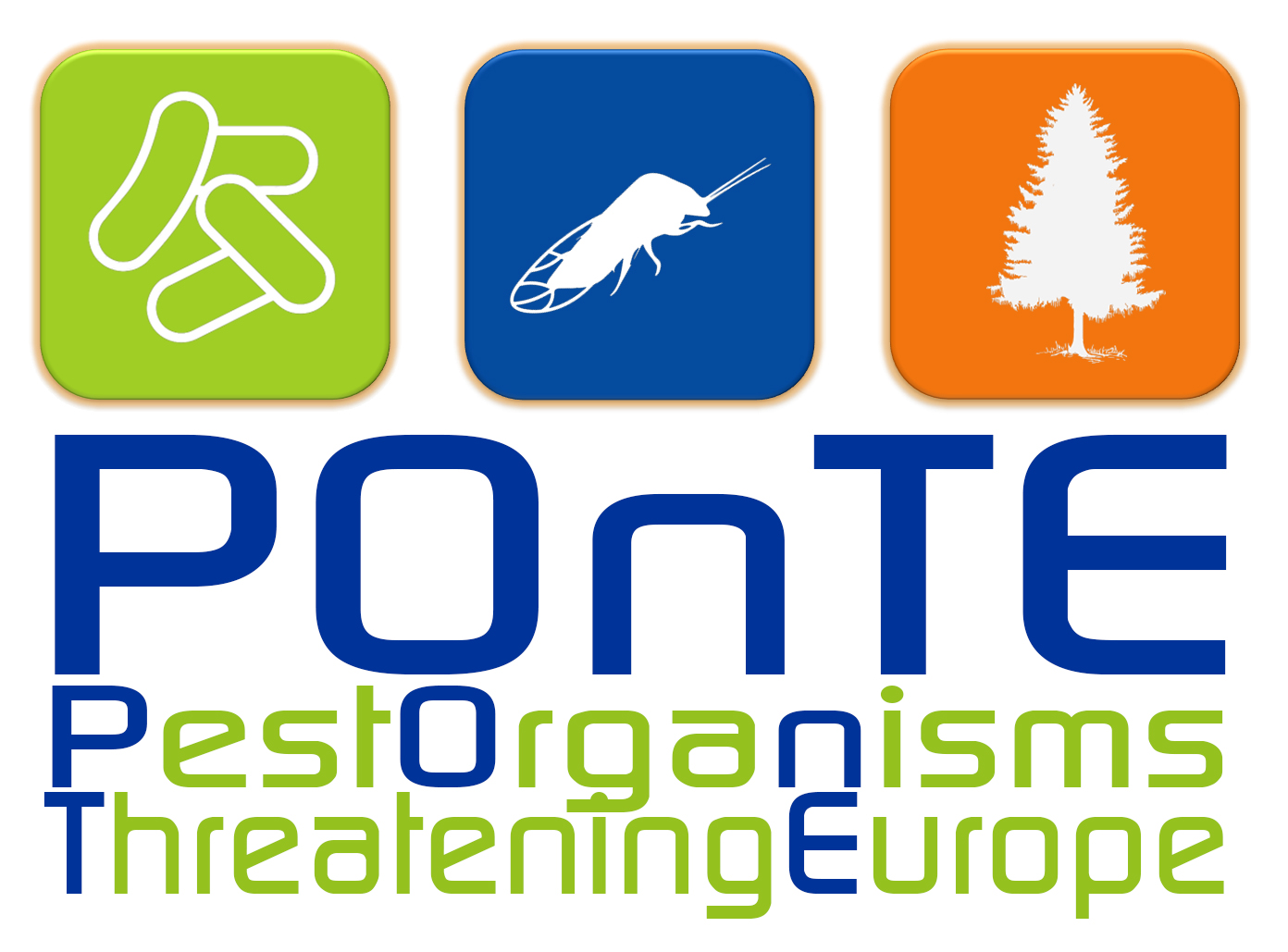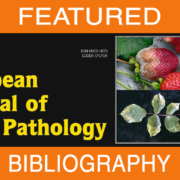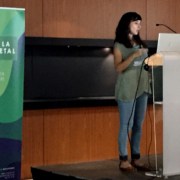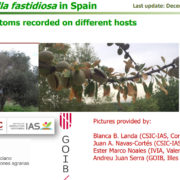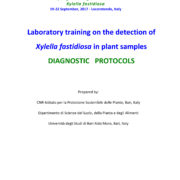A new variant of Xylella fastidiosa subspecies multiplex detected in different host plants in the recently emerged outbreak in the region of Tuscany, Italy
EUROPEAN JOURNAL OF PLANT PATHOLOGY | https://doi.org/10.1007/s10658-019-01736-9
Authors
Maria Saponari1, Giusy D’Attoma1, Raied Abou Kubaa1, Giuliana Loconsole2, Giuseppe Altamura1, Stefania Zicca1, Domenico Rizzo3, Donato Boscia1
Affiliations
1 Istituto per la Protezione Sostenibile delle Piante, Sede Secondaria di Bari Consiglio Nazionale delle Ricerche, Bari, Italy
2 Dipartimento di Scienze del Suolo, della Pianta e degli Alimenti Università degli Studi di Bari, Bari, Italy
3 Regione Toscana, Servizio Fitosanitario Regionale e di Vigilanza e Controllo Agroforestale, Florence, Italy
Abstract
The vector-borne bacterial pathogen Xylella fastidiosa is widely distributed in the Americas; in the last decade it has emerged as a serious threat for agricultural crops, natural environment and landscape in Europe. Following the first EU outbreak in 2013 in southern Italy, associated with a severe disease in olive trees, annual mandatory surveys are now in place in the Member States, leading to the discovery of bacterial outbreaks in different countries. Among the latest findings, an outbreak has been reported in the Italian region of Tuscany, with infections identified in seven different plant species. In this work, we report the isolation and the genetic characterization of isolates associated with this newly discovered outbreak.
Multilocus sequence typing approach revealed the occurrence of isolates harbouring a new sequence type, denoted ST87, genetically related to strains of subsp. multiplex, but different from the genotypes of this subspecies previously characterized in Europe. Five cultured strains were successfully recovered from four of the seven host plants, an important achievement for advancing the studies on genomics and pathogenicity of these isolates and thus assess their potential threat for European agriculture.
The present work has received funding from the European Union’s Horizon 2020 research and innovation programme under Grant Agreement No. 727987 – XF-ACTORS “Xylella Fastidiosa Active Containment Through a multidisciplinary-Oriented Research Strategy”.
Published on April 16, 2019 by EUROPEAN JOURNAL OF PLANT PATHOLOGY
